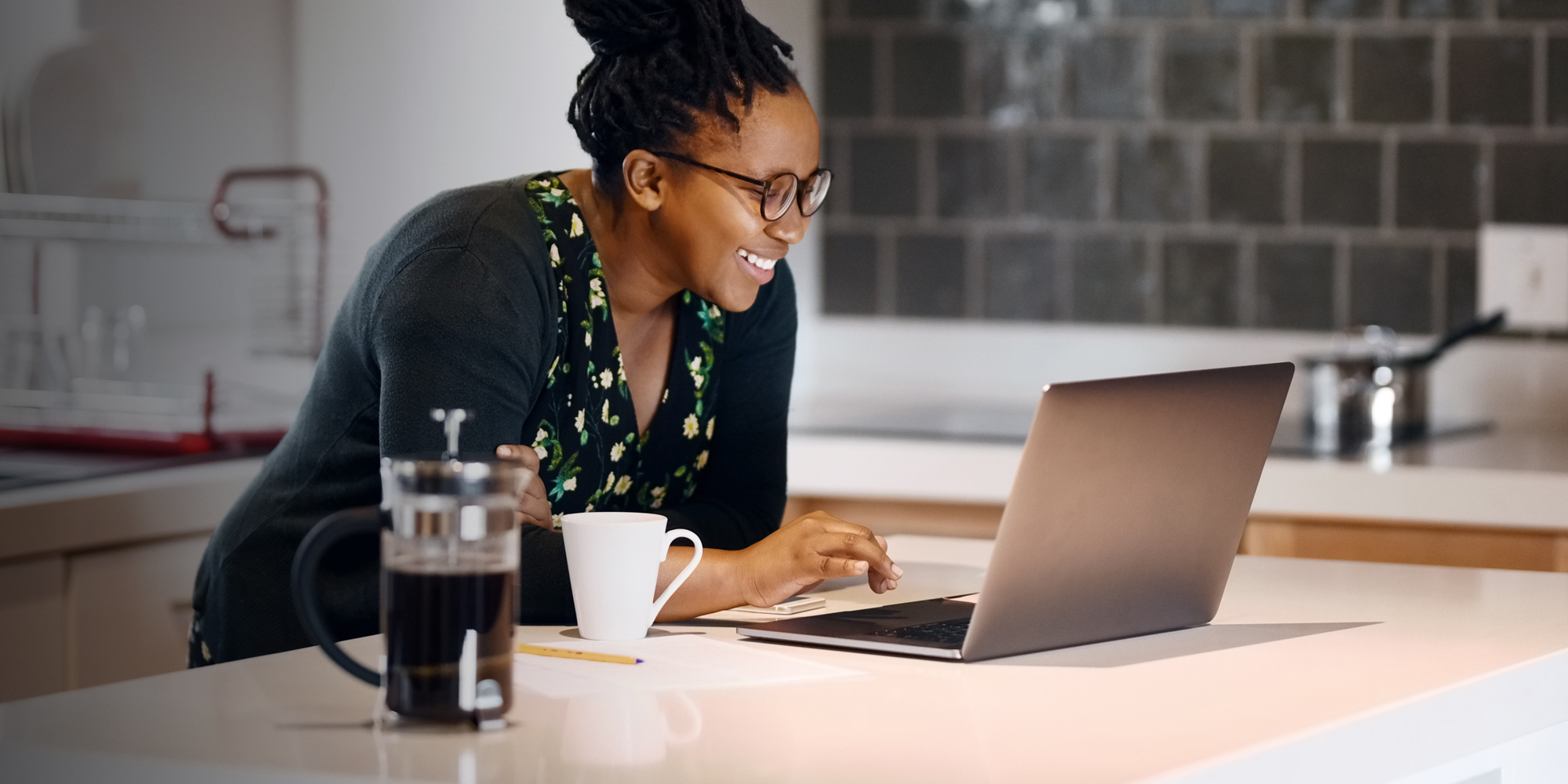Take Care What You Share
What was the last picture you posted online? Maybe a cute video of your dog in the cone of shame? Or a picture of your kids blowing bubbles in the backyard? Hackers can use a lot of the information we share online against us, and we make it too easy these days because of social media. So, what can you do to stay safe?
Keep Your Location and Personal Info Private
When you post pictures of your beloved pet, your friends are thinking that Snowball is super cute. But hackers can use this little bit of information against you. Just think about commonly asked security questions, like “what is the name of your pet?” Uh-oh. We’ve found the first security risk of social media sharing: giving too much away.
Even a basic status update can quickly become oversharing if you use geotagging, or location sharing. For example, posting vacation photos while you’re away is fun, but it can let the wrong people know that nobody’s home. You don’t have to be gone for long either – checking in at a local restaurant leaves someone just enough time to break in. It’s best to share these fun memories when you’re back at home.
Sharing your location and other personal information also makes it easier for cybercriminals to craft convincing emails to target you. If you’re regularly checking in at Starbucks on social media, it would be a good bet to send you a phishing email with a $25 gift card or survey link from a fake Starbucks email address. Click that “survey link” and suddenly you have malware on your computer that attempts to transfer money out of your bank account. Don’t be an easy target for social engineering; keep your frequent stops private.
When it comes to oversharing on social media, how much is too much? Information like the name of your child’s school, your favorite pet’s name and your birthday are good examples of information to leave out. Consider what photos to share online and which are better suited as private emails and text messages to friends and family.
Remember: The delete button is a handy tool, but it isn’t magic. Chances are that someone still got a peek (or took a screenshot!) before your content disappeared. Assume that everything posted on the internet is archived somewhere, and someone knows how to find it. The best way to avoid oversharing online is by following the old adage: less is more.
Another good rule of thumb is to not accept friend requests from unknown people. Having mutual friends doesn’t necessarily make them safe – and if you don’t have mutual friends, that could be an even bigger red flag. It won’t hurt their feelings if you decline (in fact, chances are they won’t even notice), and it will help keep your account and personal information safe.
Strangers may want to connect with you on social media to access your friend lists, view your private content, and use this information to target you by guessing your passwords and security question answers. It’s best to keep your friend lists limited to people that you personally know and trust.


 ;
;